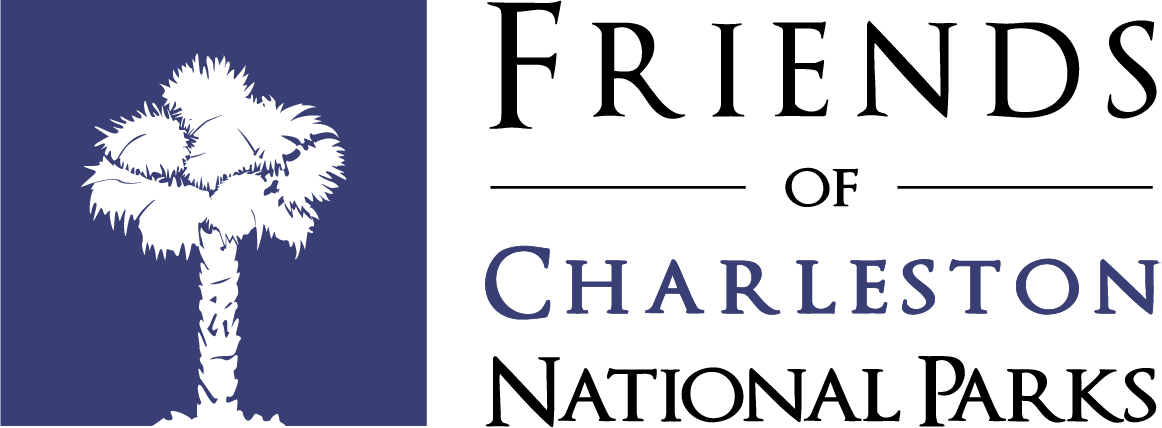Congress has designated the third Monday in February as Presidents’ Day, a time when we remember and honor those who have served as President of the United States. Though as many as 15 Presidents have visited the Lowcountry over the centuries, surely one of the brightest moments in Charleston’s history was George Washington’s visit to the city in the spring of 1791.
As Washington made his historic trip through the Southeast, he crossed from North Carolina into Horry County on April 27 of that year, making his way to Georgetown for the evening of April 30. Continuing his journey early the next morning, Washington and his entourage stopped for breakfast at Hampton Plantation, today near McClellanville, to visit his friend, Eliza Lucas Pinckney, and her daughter, Harriott Pinckney Horry.
On May 1 President Washington spent the night at Awendaw Barony, plantation home of Charlestonian Joseph Manigault. Again departing early the next morning, Washington enjoyed a hearty breakfast at Snee Farm, the country home of Gov. Charles Pinckney, who was serving his second term of office as the state’s chief executive. They, along with other notable Charleston leaders, ate under a large oak tree at the Governor’s home. A silver spoon found during restoration of the house in the 1930s may have been part of the service that day, though that is only speculation. The spoon was later donated to the National Park Service.

The two rode on Haddrell’s Point in Mt. Pleasant to catch the ferry that took them to Prioleau’s Wharf at the end of Vendue Range, today near the site of the splash fountain on the north end of Waterfront Park. A huge crowd was on hand to greet the party, welcoming “the chief magistrate of the United States with reiterated acclamations—the bells of St. Michael’s rang a joyful peal—and the Charleston Battalion of Artillery fired a federal salute.”

Visit Charles Pinckney National Historic Site in Mount Pleasant, SC to learn more about Washington’s visit to Charleston as well as one of the principal authors and signers of the US Constitution as well as the African people he enslaved The national park is also locally known as the “Charles Pinckney Park” and is located at 1254 Long Point Road.


